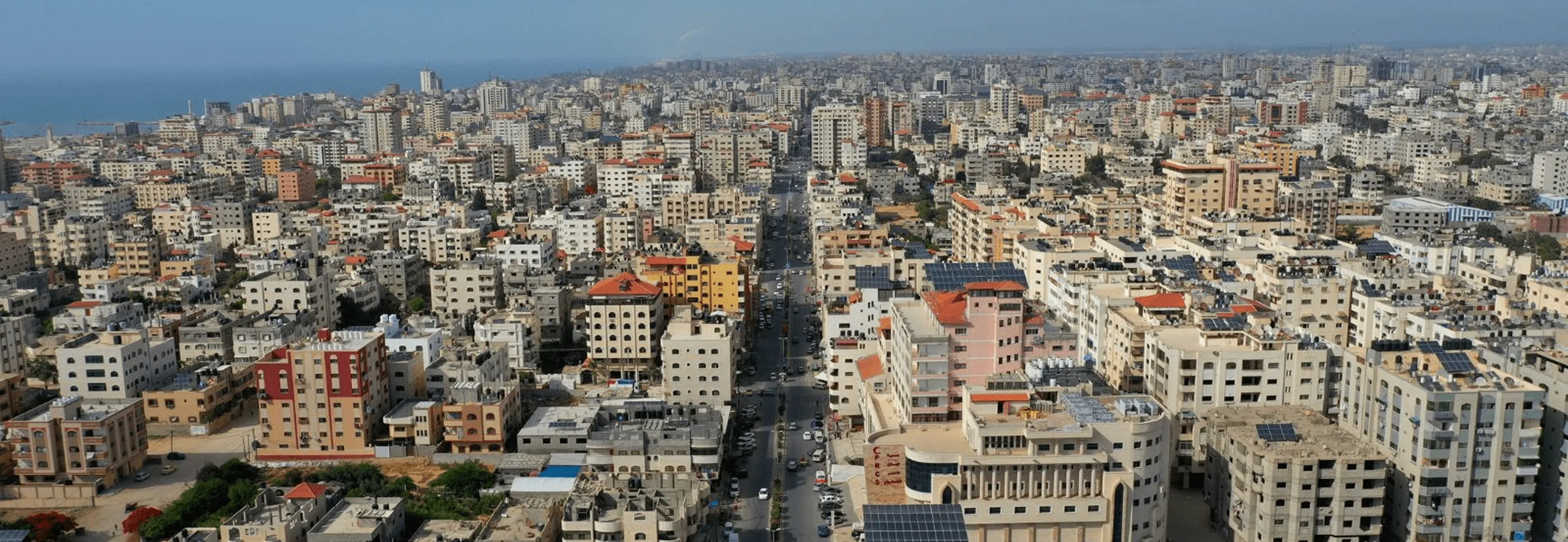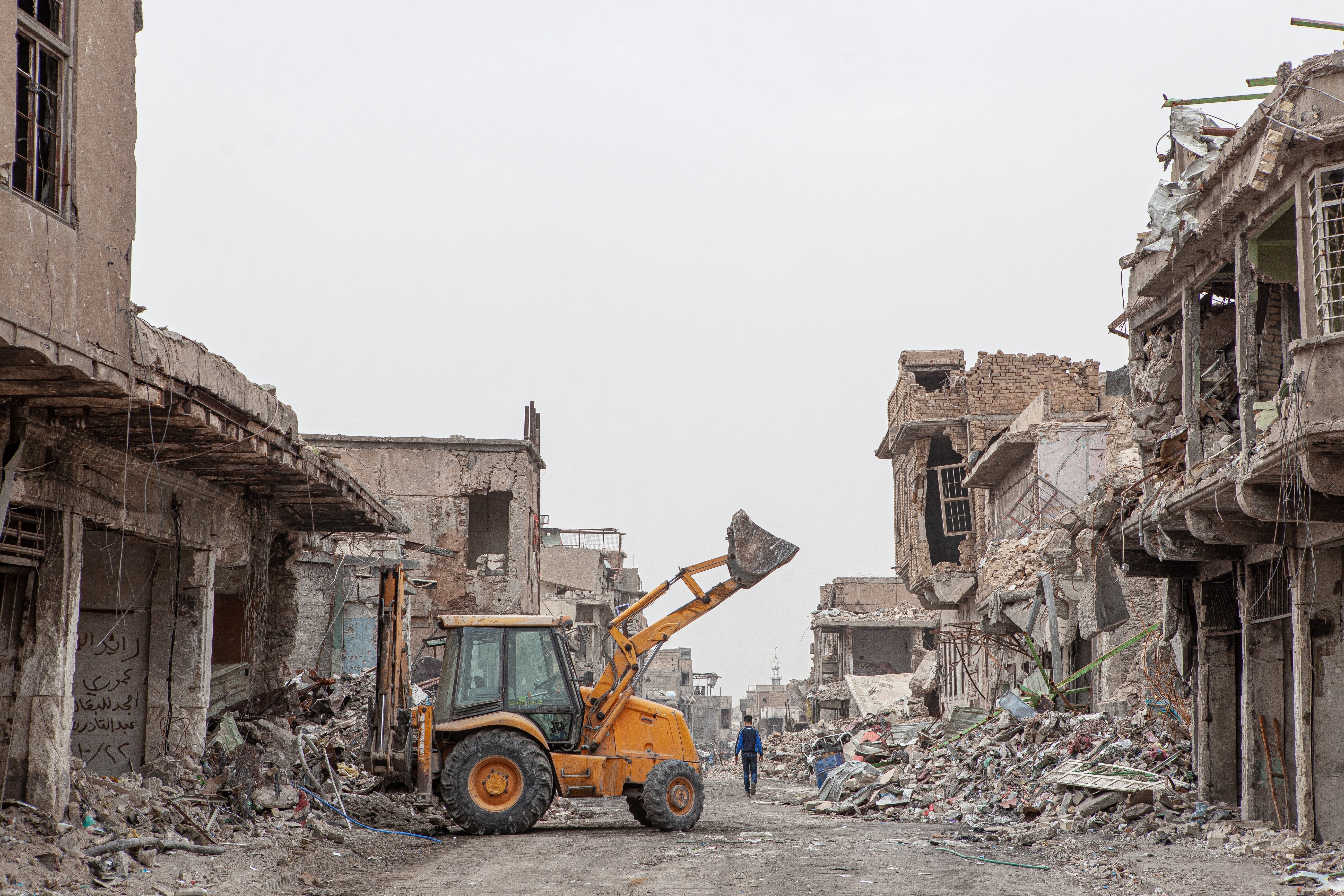
Articles
,
7/29/2020
Algeria’s Hydrocarbons Crisis: Prospects Of A New Beginning
REPORT AT A GLANCE
Algeria has been heavily relying on its nationalized hydrocarbon industry to maintain both its sovereignty and social peace since its independence, to the extent that oil and gas are part of the country’s identity. According to the World Bank, gas and oil presently represent 96% of exports and 60% of the national budget’s income.
However, the country’s reliance on hydrocarbons is falling off short as its economic growth has been reduced by 50% in less than five years. In 2014, Algeria held almost $200 billion dollars of exchange reserve assets as opposed to $60 billion dollars today. In contrast, the Algerian economy has never been this dependent on hydrocarbons and services linked to it.
KEY TAKEAWAYS
- Algeria’s over-reliance on hydrocarbons’ exports is no longer viable due to the falling international prices.
- The unviability of hydrocarbons as an economic model is threatening to reignite social anger and unrest, especially in the south of the country.
- Algeria has an opportunity to shift towards renewable energies – especially within the framework of the EU’s Green Deal – but only if it is willing to change its economic paradigm.



.jpeg)